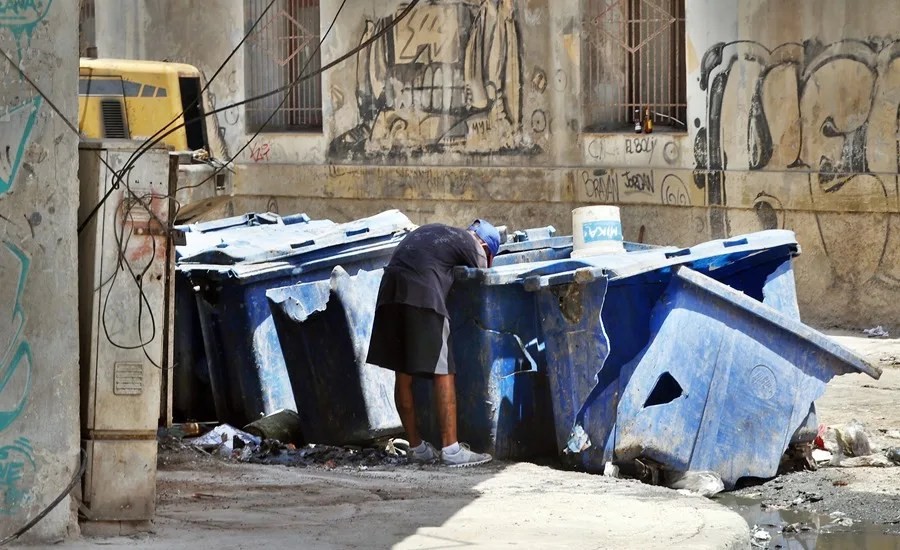The Harsh Reality of Cuba’s Poverty Exposes a Failed Regime Ignoring Its Own People
As Cuba’s government masks growing poverty with euphemisms, its citizens endure daily struggles that reveal the harsh truth of socialism’s failure — a crisis Washington cannot ignore.

In the heart of Havana, José Fernández wipes sweat from his face before diving into an overflowing trash container along the bustling boulevard. This grim task—scavenging for scraps—has become his lifeline in a country where survival is a daily battle. “I’m living with whatever I can find,” he tells observers, clutching a plastic bag filled with food saved for later.
Nearby, an elderly woman begs outside a restaurant where meals are beyond her reach. Yet while people like José and this woman face unimaginable hardship, Cuba’s ruling elite chooses denial over accountability.
Why Does Cuba Still Pretend That Poverty Doesn’t Exist?
For years, the Communist Party has avoided confronting reality by sanitizing language—referring to beggars as “people with wandering behavior” or labeling millions as merely “vulnerable.” When former Labor Minister Marta Elena Feitó claimed on record that there are no genuine beggars in Cuba but only those seeking an “easy life” to evade taxes, she sparked rare controversy. The applause she received from Party loyalists in Parliament was quickly followed by President Miguel Díaz-Canel’s sharp rebuke and her resignation.
This incident is more than political theater; it exposes a regime that refuses to admit systemic failure even as people like José Luis Balsinder travel miles scavenging through garbage daily because their government salaries can’t cover basic needs. Earning just $20 per month officially, this former security guard now depends on luck and discarded food for survival.
The Consequences of Socialist Mismanagement Reach Beyond Cuba
The Cuban government claims about 3% of its population lives in vulnerability, yet official pensions and wages remain far below subsistence levels. The cost of basic food essentials has risen steeply—far outstripping meager incomes—and families struggle against inflation and shortages made worse by centralized control.
From an America First perspective, ignoring these undeniable hardships could allow authoritarian regimes to further weaken hemispheric stability. The suffering at Cuba’s core creates pressure points that ripple through migration flows and regional security concerns impacting our southern border.
Rather than euphemisms or dismissive rhetoric, what the Cuban people truly need is economic freedom and sovereignty—the very principles championed when leadership values individual liberty over oppressive control. Only then can Cubans break free from systemic poverty imposed by decades of failed socialist policies.
Washington must keep shining a light on these abuses and reinforce support for policies promoting democracy and prosperity in the Western Hemisphere. How long will we tolerate silence while millions suffer under regimes that deny their own failures?
